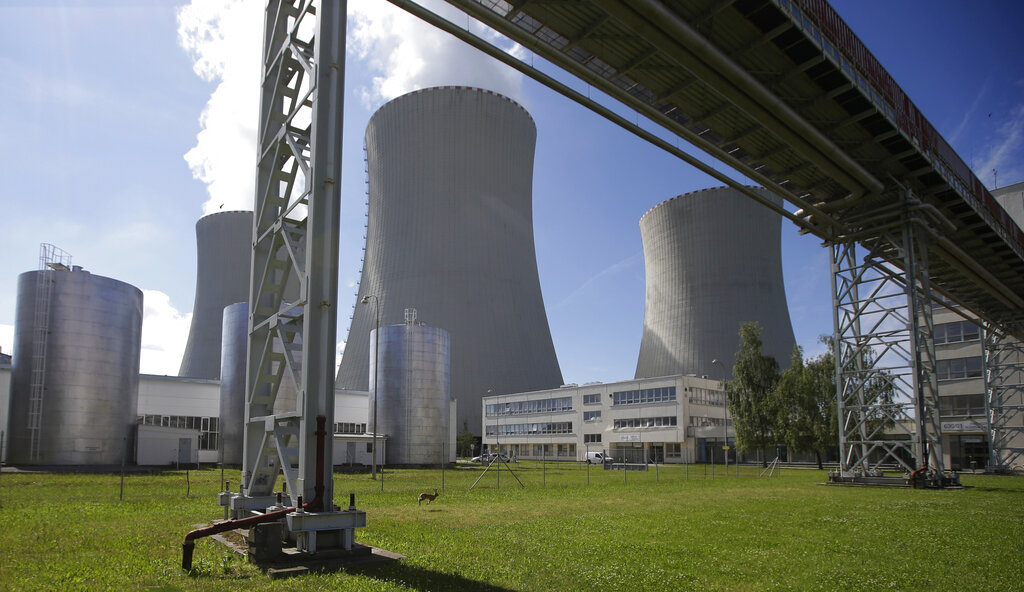Polish Industry Minister Marzena Czarnecka stated that the country’s first nuclear power facility is now expected to become operational in 2040, a seven-year delay from initial estimates.
The adjustment comes as a shock following Deputy Minister of Climate and Environment Miłosz Motyka’s earlier suggestion that only a one-year delay was likely in the nuclear plant’s preparation process. However, it has now become evident that the setbacks will be much more severe.
Minister Czarnecka, in an interview with Polish Radio on Tuesday, announced that the first nuclear unit in Poland would commence operations in 2039-2040, criticizing the previous government’s 2033 target as unrealistic. She highlighted what she said was her pragmatic approach, acknowledging that “all investments are subject to certain delays” and marked 2039 as a “breakthrough year” for the Choczewo nuclear plant.
The postponement in the completion of the next major investment after the Central Communication Port (CPK) transport hub has left energy specialists frozen in place. Immediately, voices began to arise that if Poland does not manage to complete the power plant by 2035, an energy disaster awaits the country.
As news of delays in implementing nuclear power in Poland began to heat up in the media and on the web, the minister decided to speak again and clarify what she had said the day before. In response to a publication on Energetyka24.pl, she noted that by mentioning 2039, she was referring to the complete end of construction of the first nuclear power plant. Minister Czarnecka also provided a planned work schedule, which assumes that physical construction will begin in 2028, and the first energy block will be put into operation by 2035. By 2039, the next two blocks are to be connected to the grid.
Recent weeks have also seen rumors of a potential change in location for Poland’s inaugural nuclear facility, which, according to Łukasz Młynarkiewicz, vice-president of Polish Nuclear Power Plants, would not invalidate previous decisions or halt preparatory work at the current site.
However, a relocation could mean additional years of delay. Experts already consider the Polish nuclear energy project to be about two years behind schedule, with every month of delay further widening the gap.
Media reports have also surfaced about requests for re-evaluation of the environmental decision concerning Poland’s first nuclear plant. These requests, submitted to the General Directorate for Environmental Protection (GDOŚ), have come from several environmental organizations and individuals, whose identities remain protected for privacy reasons.






